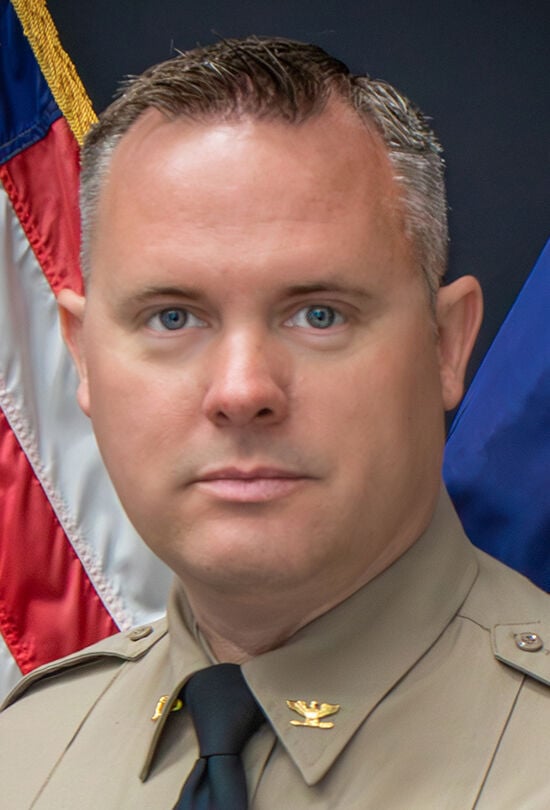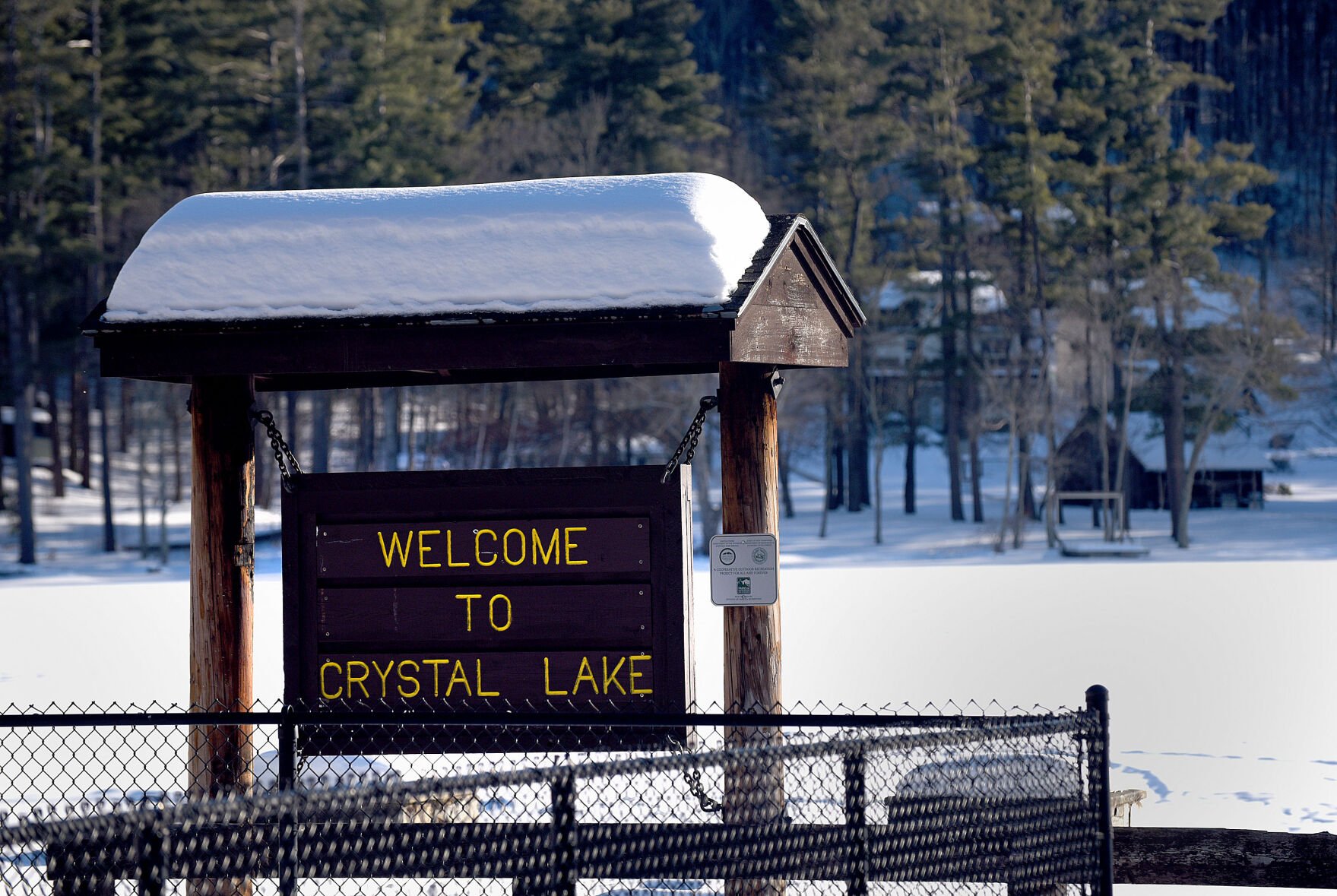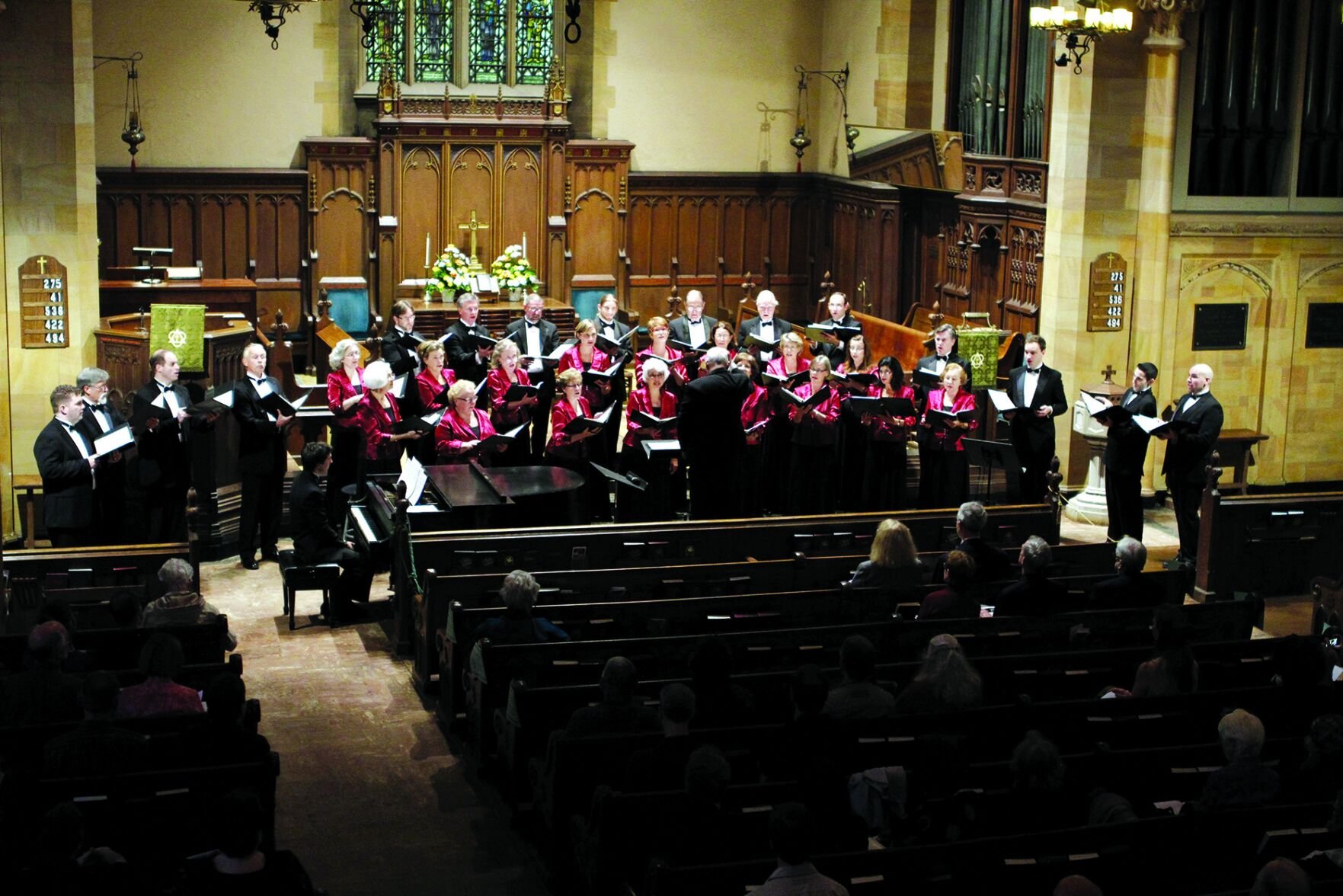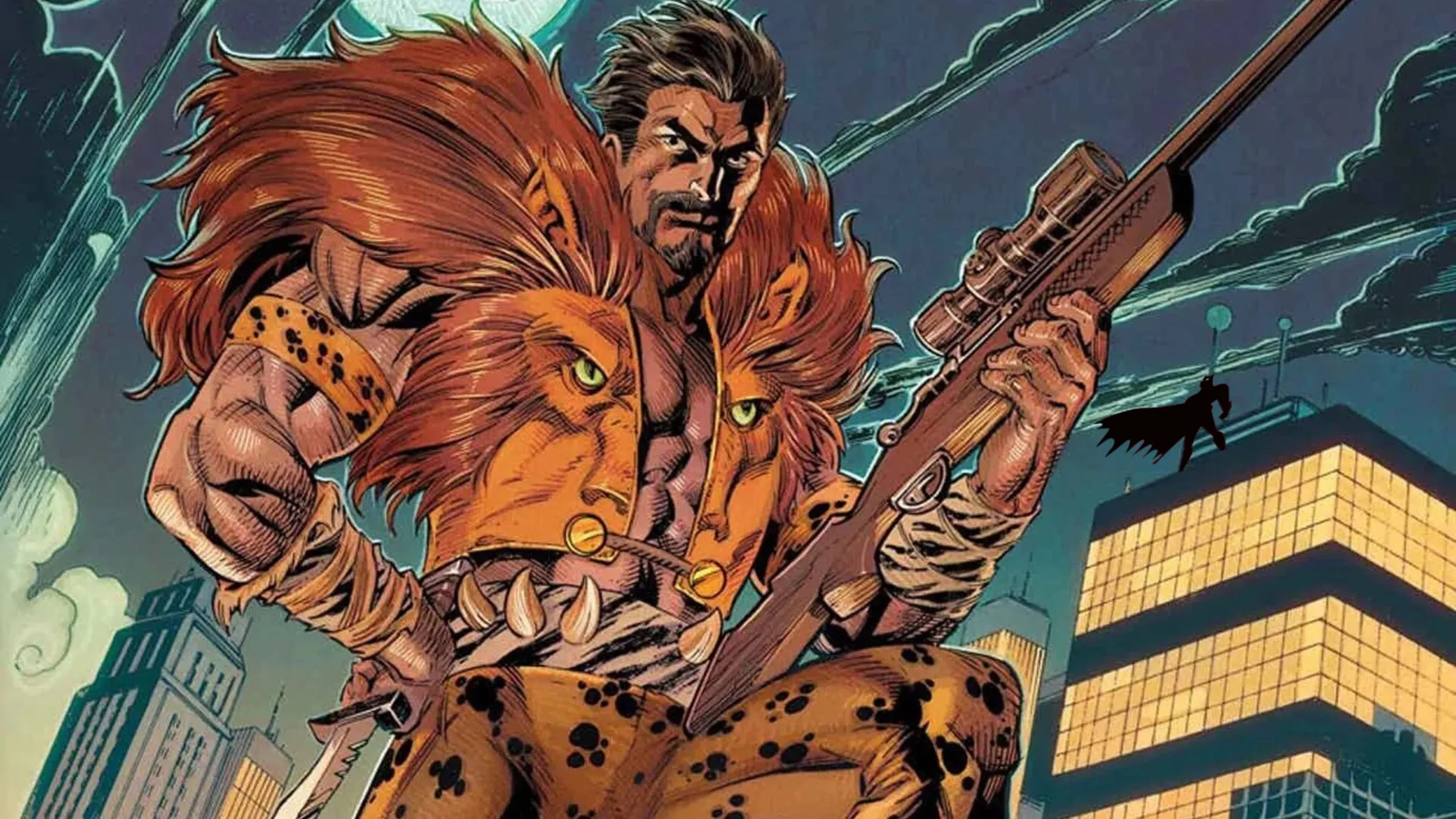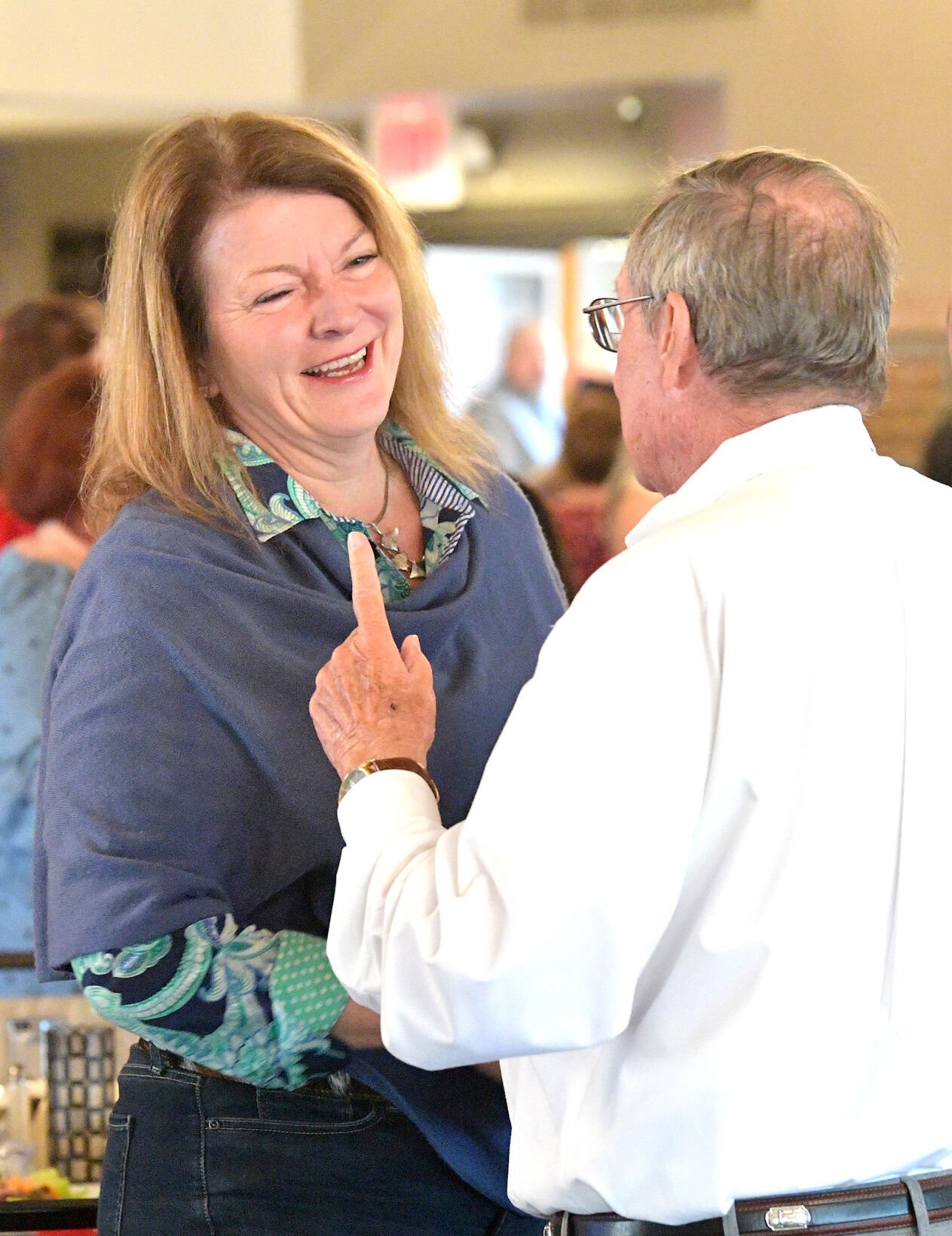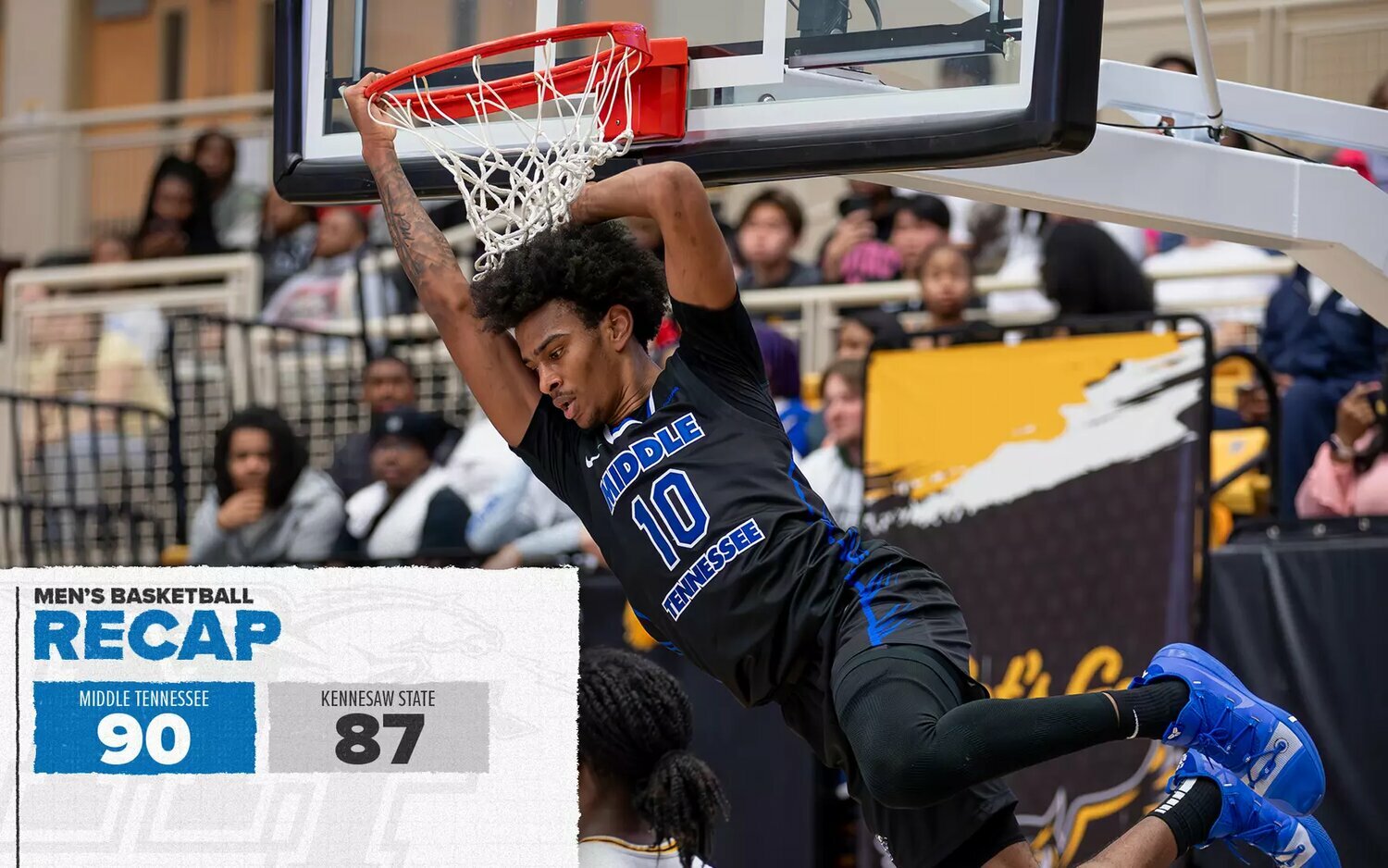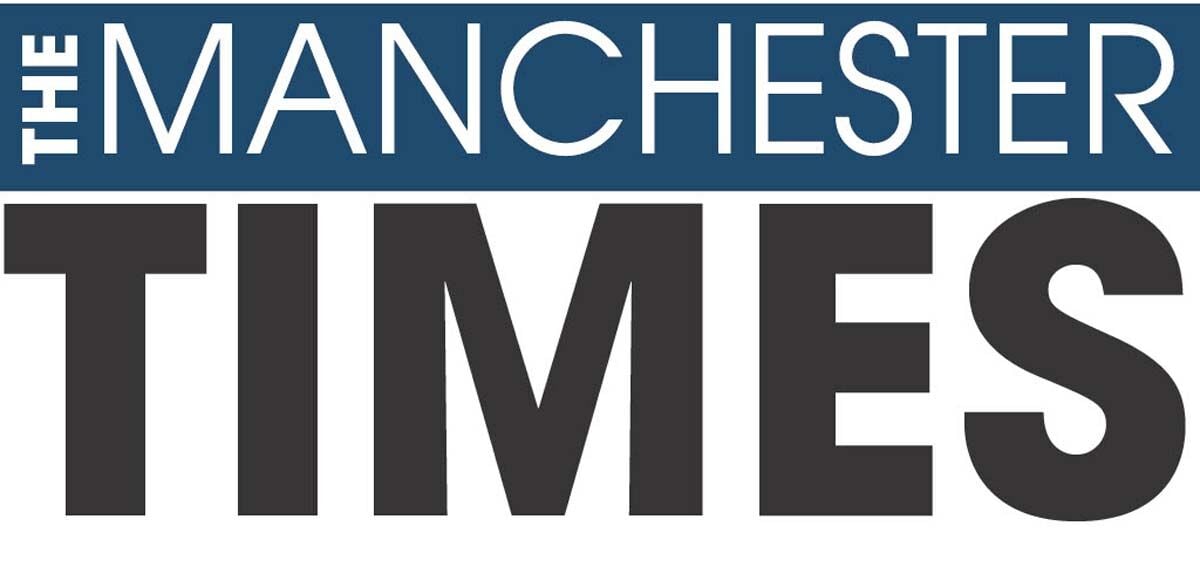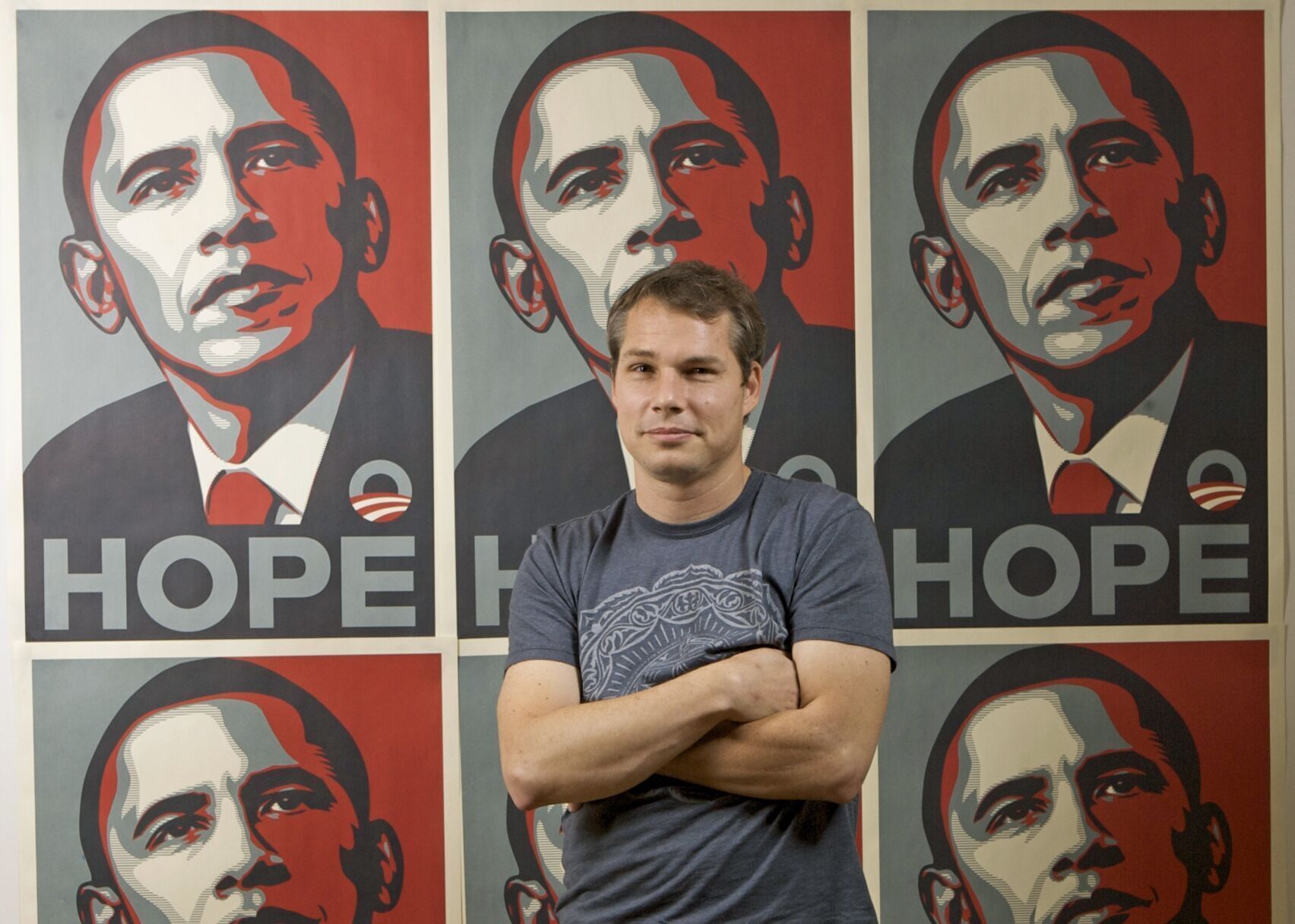A controversial banner displayed at a county commissioners meeting led to the arrest of William Barthel earlier this year. Now, the North Carolina Court of Appeals has ruled that his actions were protected, overturning his conviction.
NC Court of Appeals overturns Barthel conviction
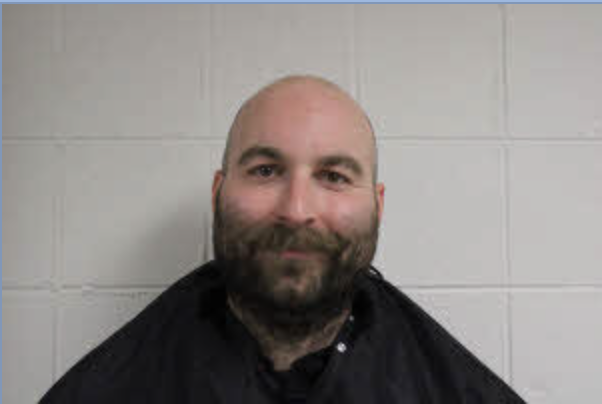
Key Takeaways:
- The North Carolina Court of Appeals overturned Barthel’s conviction.
- He was arrested earlier in the year for displaying a profane banner.
- The court ruled his actions were protected.
- The banner appeared at a county commissioners meeting.
- Reflector published this story on November 12, 2025.
The Overturned Conviction
The North Carolina Court of Appeals recently reversed the conviction of a man named William J. Barthel. Barthel had garnered legal attention after being charged for an incident involving a profane banner.
Background on the Arrest
Earlier this year, Barthel was taken into custody following a county commissioners meeting in which he displayed a banner containing strong language. The arrest initially led to convictions that cast a spotlight on both local judicial proceedings and the public’s reaction to his act of protest.
The Court’s Rationale
After examining the facts, the appeals court found that Barthel’s actions were protected. While details of the ruling remain limited, the essence of the decision indicates that displaying the banner did not warrant criminal charges. This pivotal finding prompted the court to overturn his convictions.
Public Implications
The case underscores the delicate balance between maintaining decorum in public forums and safeguarding the right to express dissent. By overturning Barthel’s convictions, the court effectively affirmed that certain forms of protest at governmental meetings may be deemed permissible, even when the content of such protest is profane.
Final Note
This legal development reflects a continuing conversation around how far individuals can go when voicing their opinions in public settings. Details of Barthel’s case were first reported by Reflector on November 12, 2025, capturing a moment when free expression met the courts—and prevailed.
